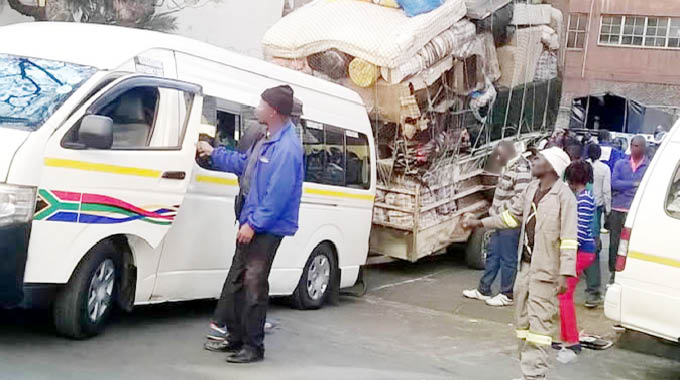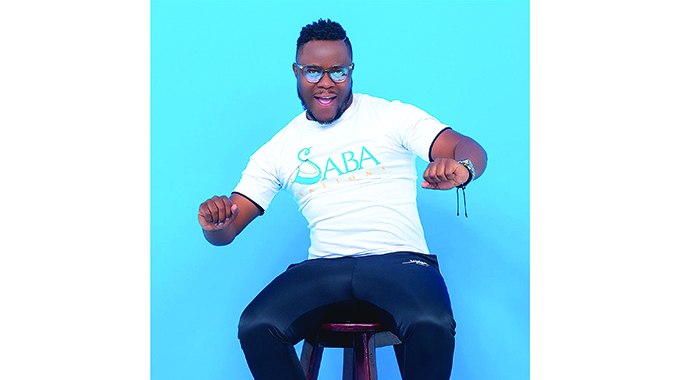Chinese firm to cough up US$400m for Arcadia Mine

Golden Sibanda
Prospect Resources has signed agreements for the sale of its 87 percent stake in the Arcadia lithium project to China’s Zhejiang Huayou Cobalt Limited, which will pay a US$387 million to acquire the hard-rock lithium mine, near Harare.
Australia Stock Exchange (ASX) Prospect Resources said the transaction vindicated the strong support by the Government of Zimbabwe through the progression of Africa’s most advanced lithium project, still under development.
It added this also demonstrated the benefits flowing from its special economic zone status, with potential to place Zimbabwe, the world’s fifth largest producer albeit with a single producing mine (Bikita Minerals), firmly on the global lithium map.
“The potential of Arcadia can be fully developed, generating employment opportunities and export revenues and placing Zimbabwe firmly into the electric vehicles supply chain and as a destination for investment,” Prospect said in a statement.
Lithium is widely regarded as the “new gold,” which could see producing countries assume the status accorded to the Middle East over its petroleum oil riches, as the world drifts towards exclusive use of lithium-ion powered electric vehicles.
Huayou has also reportedly agreed with the other two shareholders of Prospect Zimbabwe Limited, which operates the Arcadia lithium project, Professor Kingstone Kajese, who owns the farm where Arcadia is situated, and Tamari Trust to acquire their shares.
Prospect said subject to all conditions precedent being completed or waived, the company anticipated that the transaction would have been completed by the first quarter of next year or early in the second quarter of 2022.
Prospect managing director Sam Hosack commented “My sincere gratitude to the Government of Zimbabwe and all relevant ministries, departments and authorities, without whose strong support we would not have attracted a counterpart of Huayou’s standing and experience.
“We look forward to working with Huayou and relevant stakeholders within the Government of Zimbabwe to satisfying the conditions precedent, with a view to closing the transaction in the shortest possible period,” he said.
The move marks Huayou’s second foray into lithium, a key ingredient in rechargeable batteries, in the space of a week. It is the latest acquisition of overseas battery mineral resources by Chinese companies looking to shore up supply to meet demand from the burgeoning electric vehicle (EV) sector.
Huayou, the world’s biggest producer of cobalt, another battery metal, in 2020, said it would pay US$377,8 million for Australia-listed Prospect Resources 87 percent stake in Arcadia owner Prospect Lithium Zimbabwe.
It will pay another US$44,2 million for the 6 percent stake held by Zimbabwean Professor Kingston Kajese and the 7 percent held by Tamari Trust, which previous Prospect filings show is linked to Paul Chimbodza, executive director of Prospect Lithium Zimbabwe.
The Arcadia project aims to process 2,4 million tonnes of ore per year but has not yet reached commercial production. Prospect Resources said in July the first batch of petalite from pilot production had been delivered to off-take partner Sinomine and that it was also working on spodumene samples.
Spodumene and petalite are lithium-bearing minerals.
Huayou is a leading Chinese new energy materials producer with major business segments in research, development and production of cathode materials, research and development and production of battery purcusor and development of battery metal resources.
The company is listed on the Shanghai Stock Exchange with market capitalisation of US$22 billion. Huayou has been operating two copper and cobalt mines in DRC since 2007 and is investing in four nickel projects in Indonesia with an expected output 255 000 tonnes nickel and 20 000 tonnes cobalt.











Comments